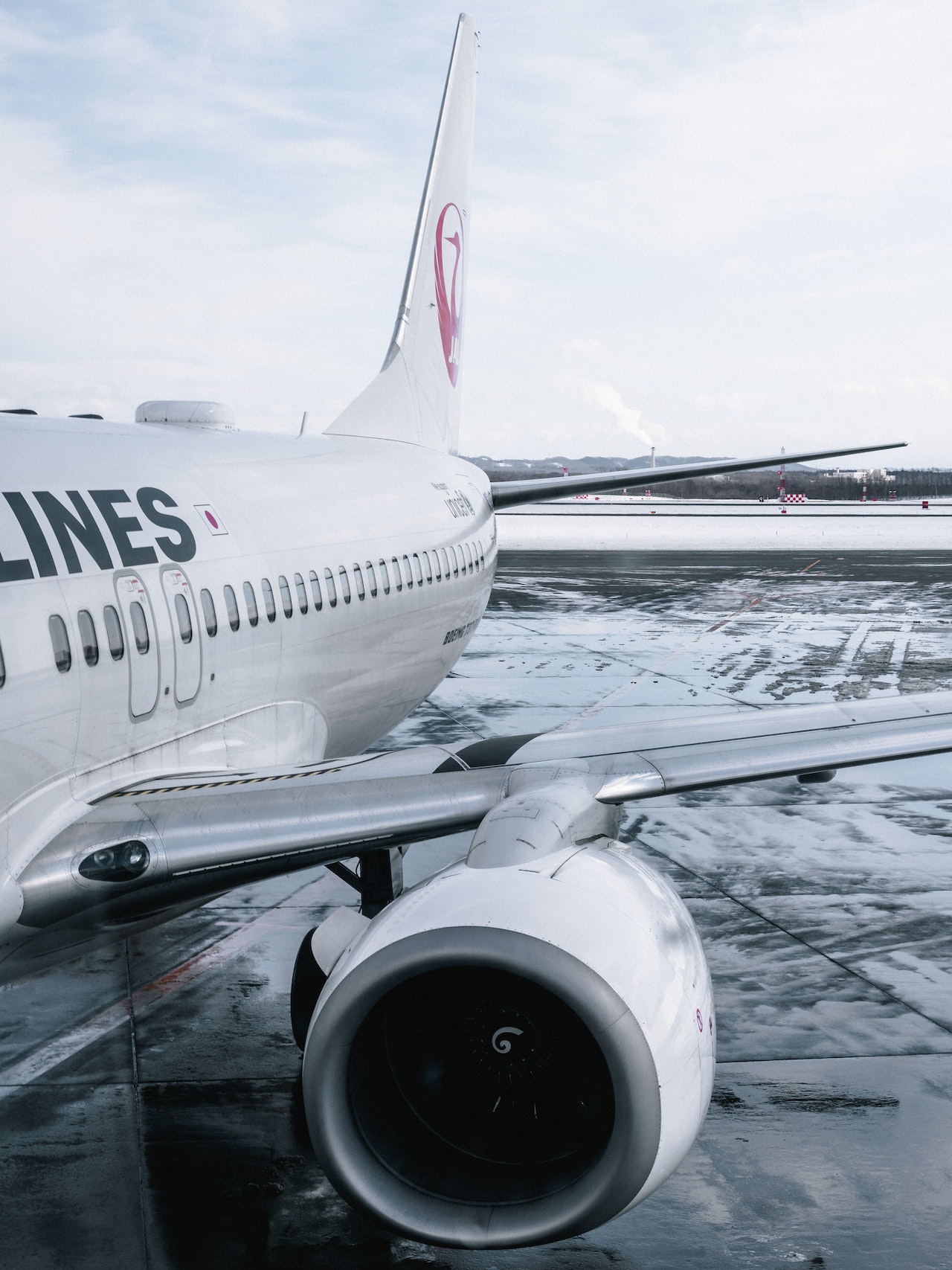Several airlines and aerospace suppliers are bracing for a significant disruption in their operations following the disclosure by US company RTX (formerly known as Raytheon) of a rare manufacturing flaw that has the potential to ground hundreds of Airbus jets in the coming years, causing widespread concern within the aviation industry.
RTX recently announced that it will have to withdraw between 600 to 700 of their Pratt & Whitney Geared Turbofan engines from Airbus A320neo jets for extensive quality inspections spanning from 2023 to 2026. The purpose of these inspections is to detect the rare manufacturing flaw by RTX in jets that has raised alarm bells among industry stakeholders.
This unexpected development threatens to affect an average of 350 jets annually until 2026, with a peak impact of 650 jets being grounded in the first half of 2024. Initially, RTX CEO Greg Hayes had estimated that the repair work would take 60 days per engine; however, recent assessments now suggest that it could take up to a staggering 300 days per engine, prolonging the disruption.
The repercussions of this situation have already begun to reverberate throughout the airline industry, with major carriers like Air New Zealand, Singapore Airlines’ Scoot unit, and Hungary-based Wizz Air taking immediate steps to mitigate the impact on their operations.
Air New Zealand, which currently operates 16 A320neo jets in its fleet, anticipates a “significant” disruption to its flight schedule starting in January 2024 due to engine availability issues. Similarly, Scoot, a subsidiary of Singapore Airlines, is bracing for challenges affecting four of its A320neo fleet engines, prompting adjustments to some of its flight schedules. Wizz Air, on the other hand, has projected a potential 10% reduction in capacity during the second half of fiscal 2024, adding to the financial strains faced by the industry.
This latest setback compounds the ongoing challenges faced by the airline sector, which has grappled with issues such as staff shortages, the introduction of new aircraft, and supply chain disruptions. With the prospect of 600 to 700 engines potentially out of service, airlines are left with no choice but to prepare for a major capacity impact, adapt their flight schedules, and anticipate substantial earnings losses.
The ramifications of this manufacturing flaw also extend to aerospace suppliers, who play a critical role in the troubled engine program. London-listed Melrose Industries, a key supplier, has estimated a potential cash impact of around 200 million pounds, underscoring the financial strain imposed by this unforeseen issue. Japanese companies IHI and Kawasaki Heavy Industries have also acknowledged that their earnings are likely to suffer as a result of the extended quality inspections.
This announcement serves as another stark reminder of the profound challenges facing the airline industry, which must now navigate the complex task of managing the fallout from this manufacturing flaw while simultaneously addressing ongoing operational hurdles. The full extent of the impact on airlines, suppliers, and the broader aviation industry remains uncertain, but it is clear that concerted efforts will be required to minimize disruptions and restore stability in the coming years.
Source: Reuters



